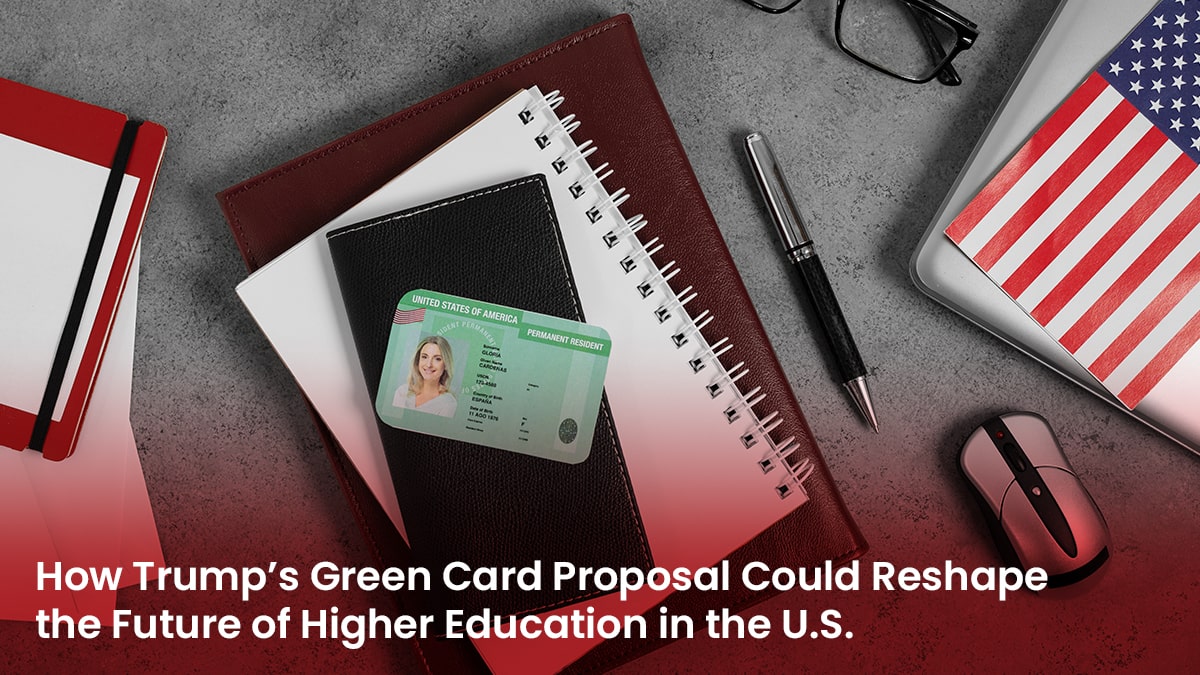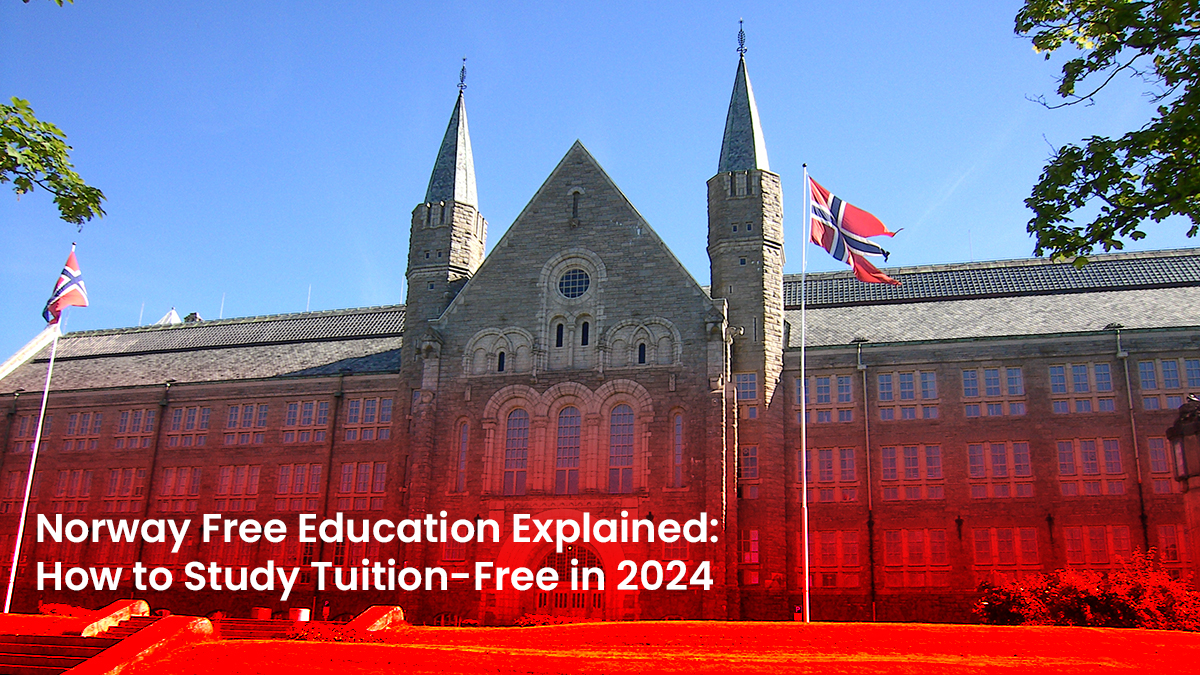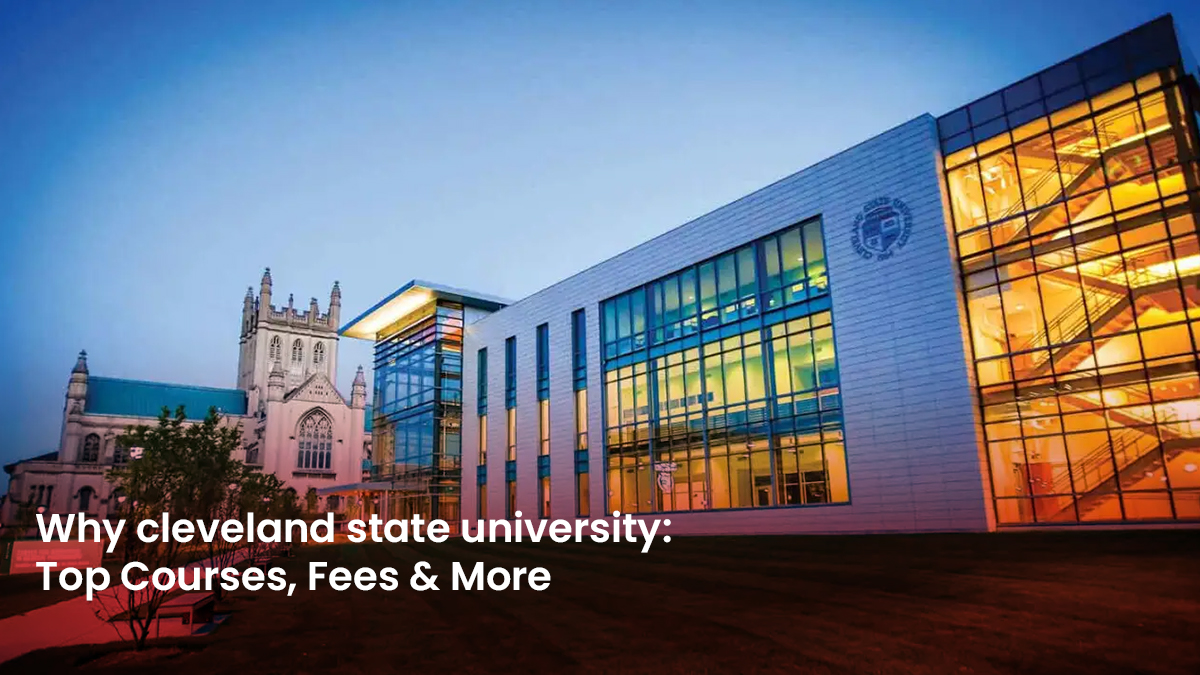The Trump administration’s proposed changes to the U.S. green card system have sparked considerable debate across various sectors, including higher education. The shift from a family-based to a merit-based immigration system could have profound implications for universities across the country. As institutions that rely heavily on the contributions of international students and scholars, universities are closely monitoring how these changes might impact their operations, academic environment, and overall competitiveness.
In this article, we explore how Trump’s green card proposal could reshape the future of higher education in the U.S., examining both the challenges and opportunities it presents for universities. MSM Unify provides insight into how institutions can adapt to these potential changes while continuing to attract top global talent.
The Merit-Based Immigration System: What It Entails
The proposed merit-based immigration system prioritizes applicants based on factors such as education, skills, and language proficiency, rather than family ties. Under this system, points would be awarded for educational qualifications, job offers, English language proficiency, and other attributes deemed beneficial to the U.S. economy.
For universities, this shift could have several implications:
- Increased Demand for U.S. Education: If educational qualifications become a key criterion for green card eligibility, we may see a surge in demand for U.S. higher education. International students might view earning a degree from an American institution as a pathway to permanent residency, making U.S. universities even more attractive.
- Changes in Student Demographics: The focus on merit could shift the demographic profile of international students. We might see an increase in students from countries with strong educational backgrounds and English language proficiency, potentially reducing diversity in the student body.
- Pressure to Maintain High Academic Standards: Universities may feel pressure to maintain or even raise their academic standards to attract students who are motivated by the prospect of a green card. This could lead to increased competition among institutions to enroll top-tier students.
Potential Challenges for Universities
While the merit-based system presents opportunities, it also poses significant challenges for U.S. universities:
- Decreased Enrollment from Key Regions: Some regions, particularly those with less access to high-quality education or English language instruction, could see a decrease in the number of students able to qualify for U.S. visas. This could impact universities that have traditionally relied on students from these areas.
- Impact on Funding: Many universities depend on the full tuition fees paid by international students. A decrease in the number of international applicants could lead to a significant loss of revenue, potentially affecting the financial stability of institutions, particularly smaller colleges.
- Cultural Impact: A more homogenous student body could reduce the cultural diversity that many universities value. This diversity is not only important for enriching the educational experience but also for preparing all students to work in a globalized world.
The Role of MSM Unify in Supporting Universities
MSM Unify plays a crucial role in helping universities navigate the challenges posed by the proposed green card changes. By leveraging its extensive network and resources, MSM Unify assists institutions in adapting their recruitment strategies to attract and retain top international talent.
Services Offered by MSM Unify:
- Targeted Recruitment: MSM Unify helps universities identify and recruit students who meet the new merit-based criteria. This includes tailored marketing strategies that highlight the pathways from education to permanent residency in the U.S.
- Student Support: MSM Unify provides comprehensive support to international students, from application to enrollment, ensuring that they are well-prepared to meet the academic and language requirements of U.S. institutions.
- Strategic Partnerships: By forming strategic partnerships with educational institutions worldwide, MSM Unify ensures that universities have access to a diverse pool of qualified applicants, even as the green card system evolves.
Data and Projections
To better understand the potential impact of the green card proposal on higher education, it’s helpful to look at some data:
| Category | Current Statistics | Potential Impact |
| International Student Enrollment | Over 1 million international students in the U.S. | Potential decline in students from regions with less access to education |
| Economic Contribution | $44.7 billion contributed by international students (2018-2019) | Decreased enrollment could reduce economic contributions significantly |
| Top Countries of Origin | China, India, South Korea, Saudi Arabia | Merit-based criteria could shift this to countries with stronger education systems |
| Universities’ Revenue from Int. Students | A significant portion, especially for public universities | Potential revenue loss if student numbers decline |
The Path Forward for Universities
Given the potential changes on the horizon, universities need to adopt a proactive approach to remain competitive and continue attracting international talent. Here are some strategies that universities might consider:
- Enhancing Academic Programs: To attract high-caliber students, universities may need to further enhance their academic offerings, including research opportunities, internships, and industry partnerships.
- Diversifying Recruitment Strategies: Universities should diversify their recruitment strategies to reach students in regions that meet the merit-based criteria, while also exploring new markets.
- Investing in Support Services: To ensure the success of international students, universities should invest in support services such as language training, cultural orientation, and career counseling.
- Leveraging Technology: Online programs and digital tools can help universities reach a broader audience, providing education to students who might not otherwise have the opportunity to study in the U.S.
- Collaboration with MSM Unify: Partnering with MSM Unify allows universities to benefit from expert guidance and support in adapting to the new immigration landscape, ensuring that they continue to thrive in a competitive global market.
Conclusion: Adapting to a New Era in Higher Education
Trump’s green card proposal represents a significant shift in U.S. immigration policy, one that could have far-reaching implications for higher education. While there are challenges, there are also opportunities for universities to adapt and grow. By focusing on high academic standards, diversifying recruitment strategies, and leveraging partnerships with organizations like MSM Unify, universities can continue to attract top international talent and maintain their position as leaders in global education.
As the landscape evolves, MSM Unify will be at the forefront, providing the support and resources needed to navigate these changes successfully. Whether it’s through targeted recruitment, student support, or strategic partnerships, MSM Unify is committed to helping universities thrive in this new era of higher education.












